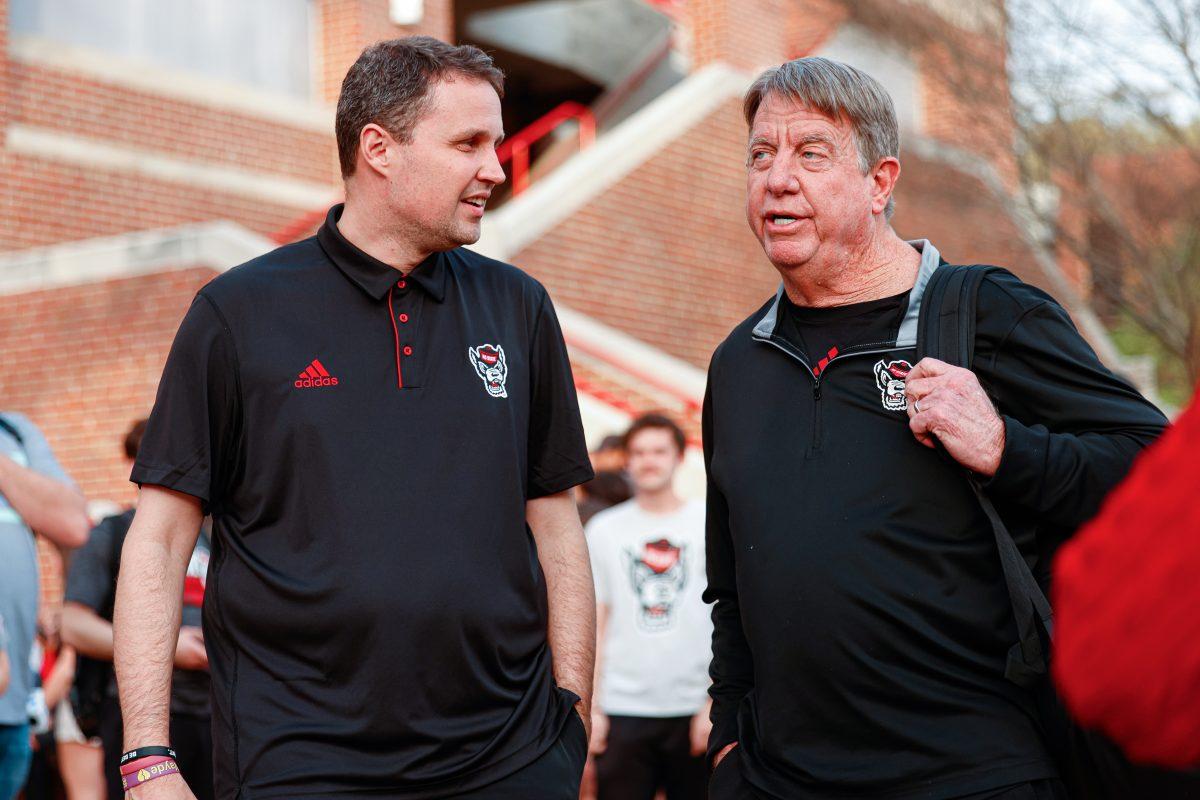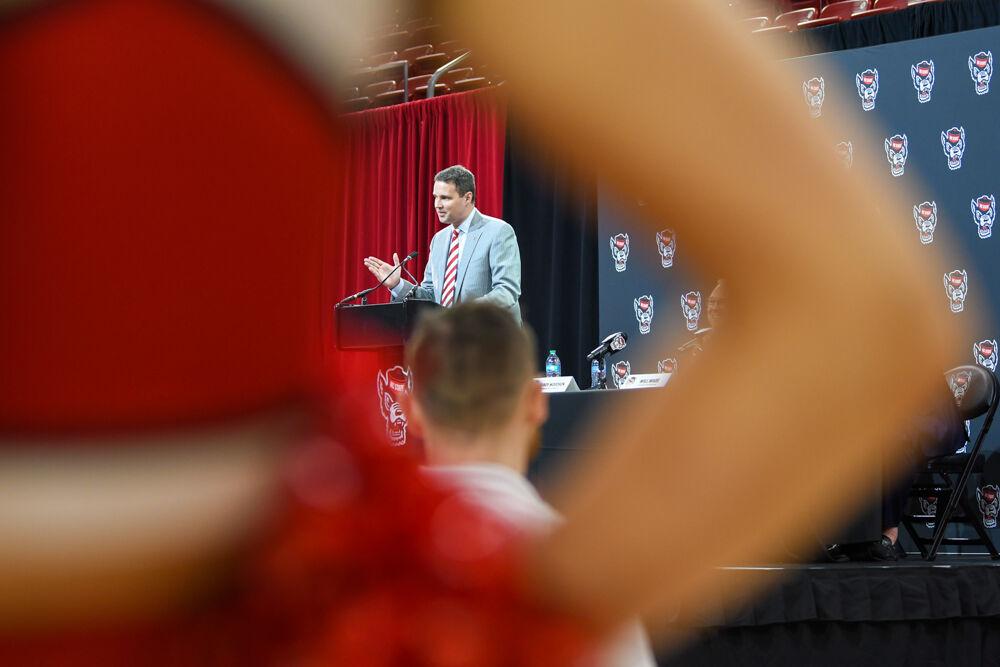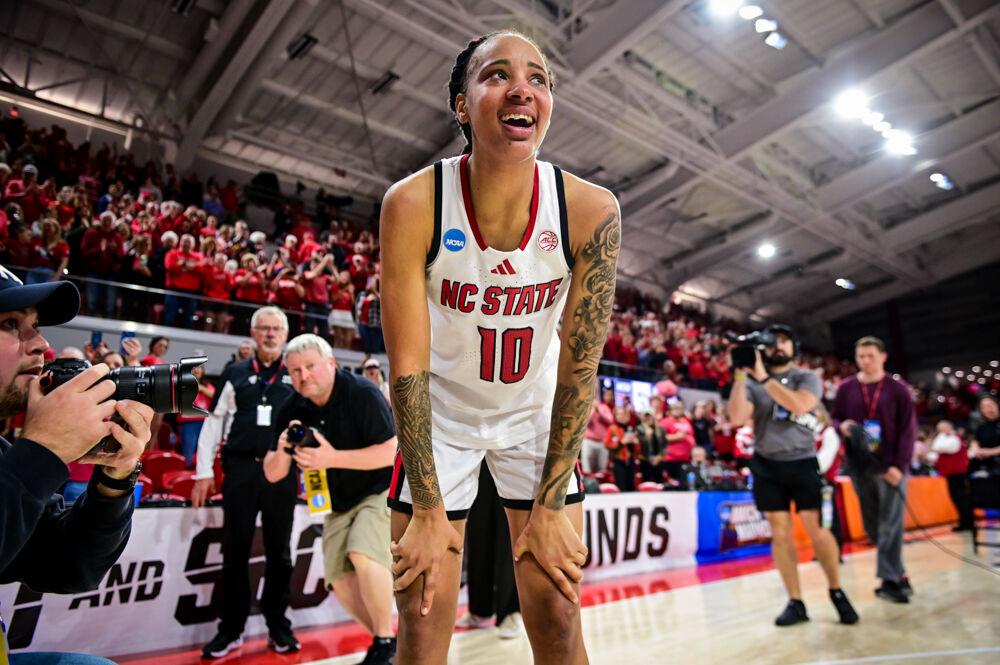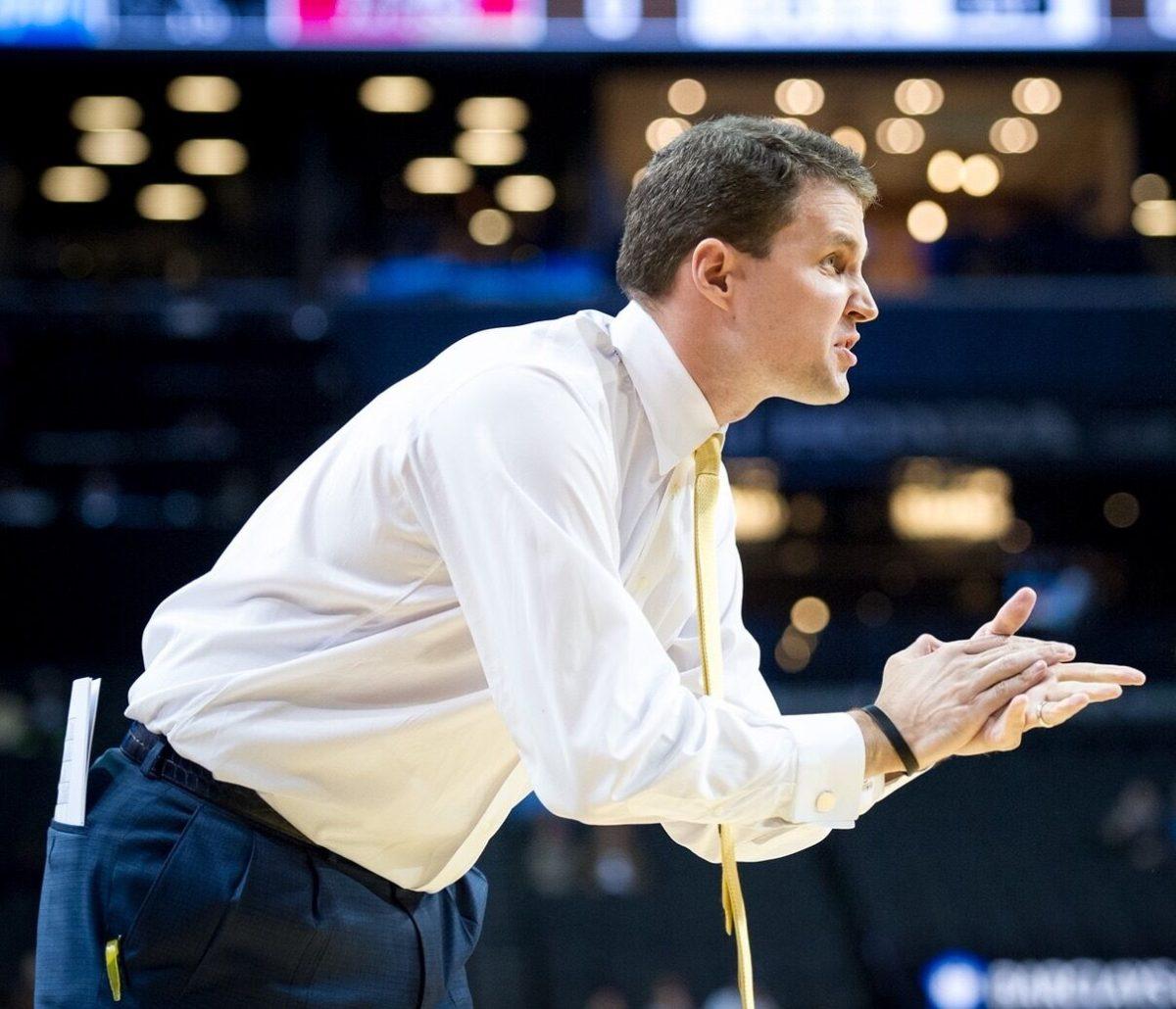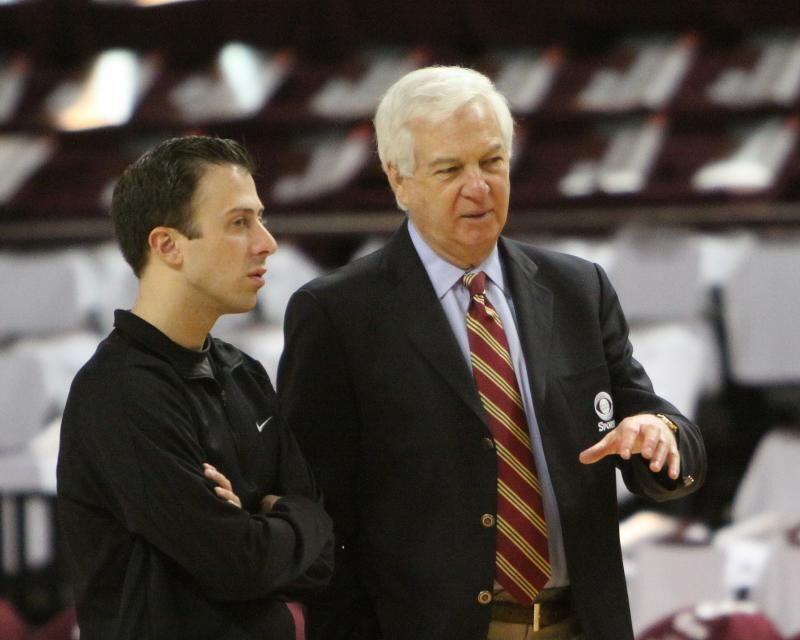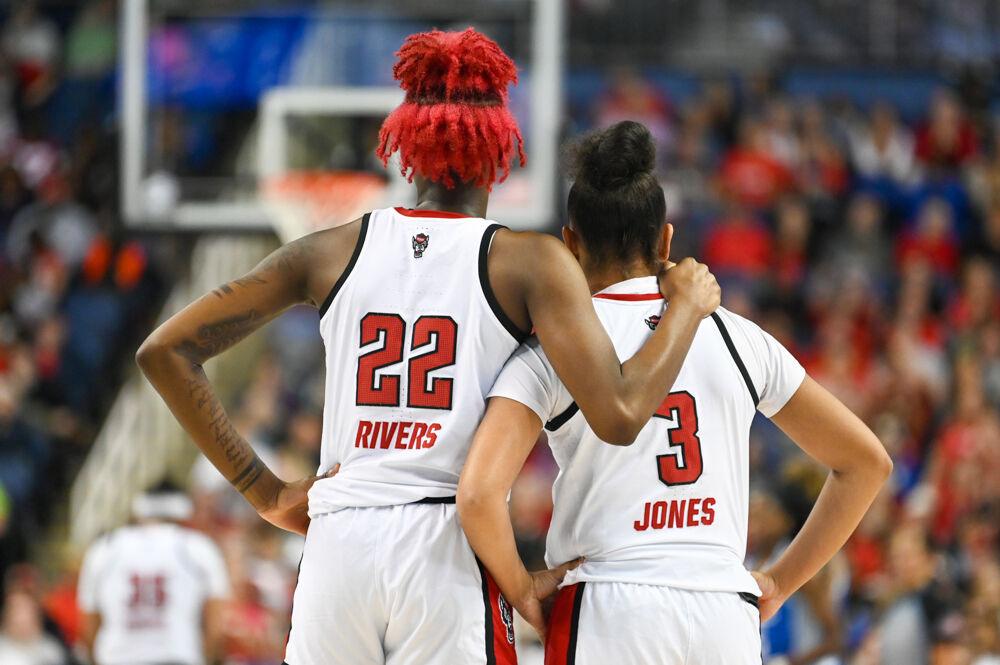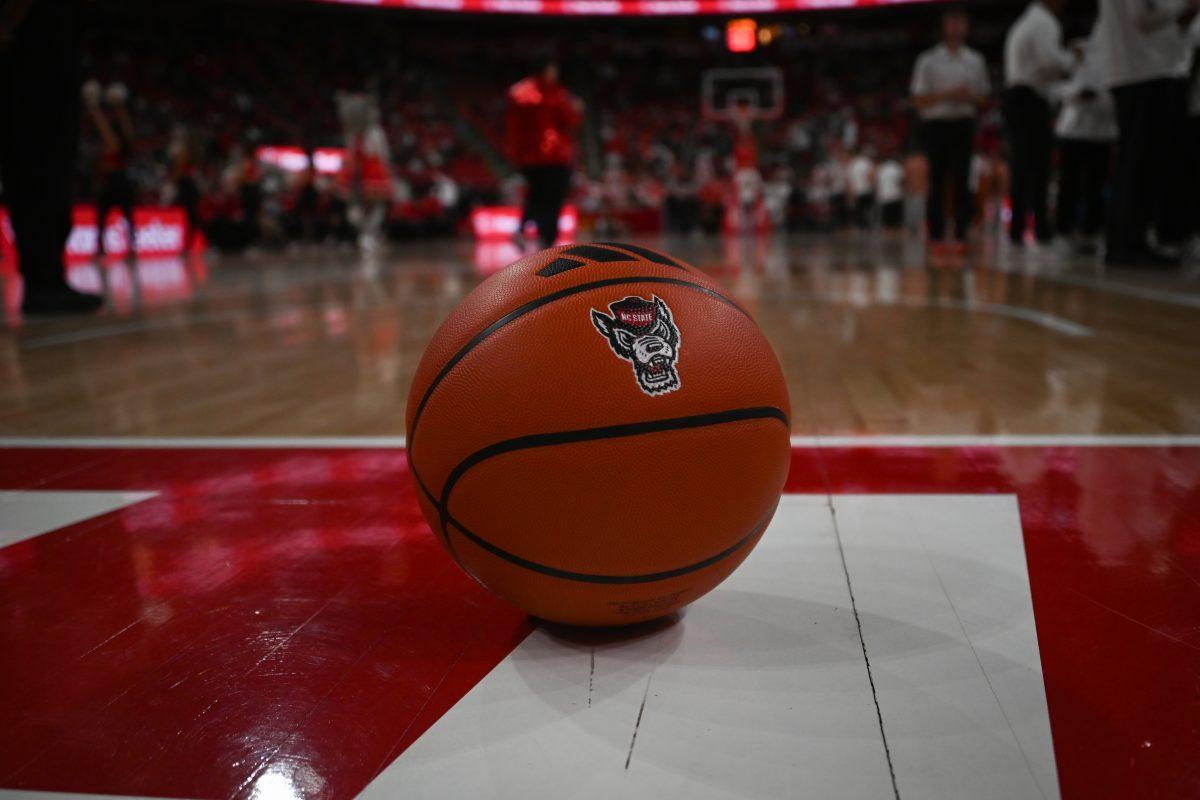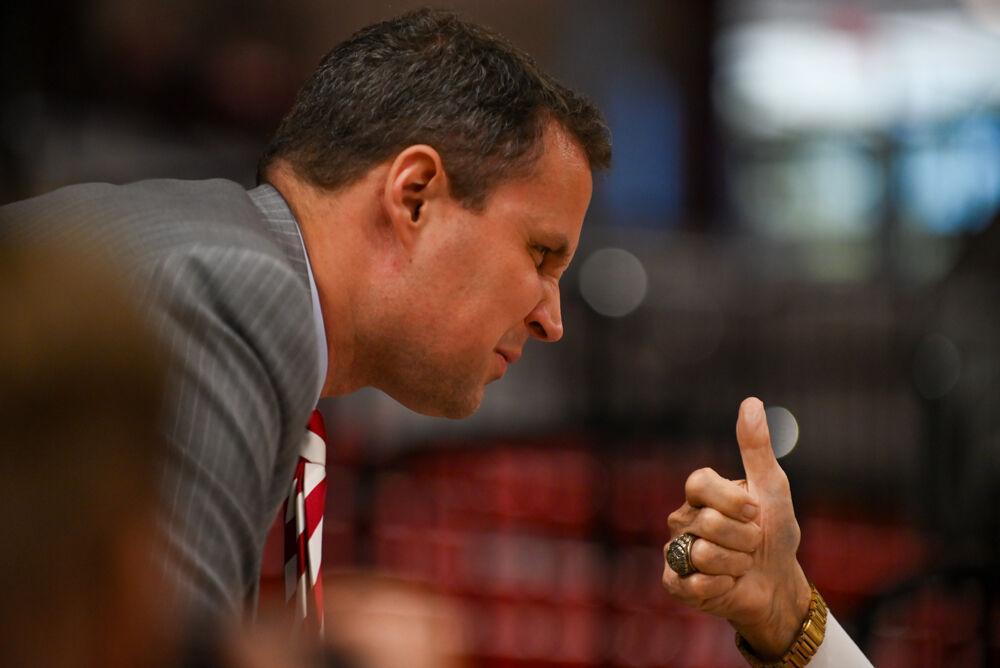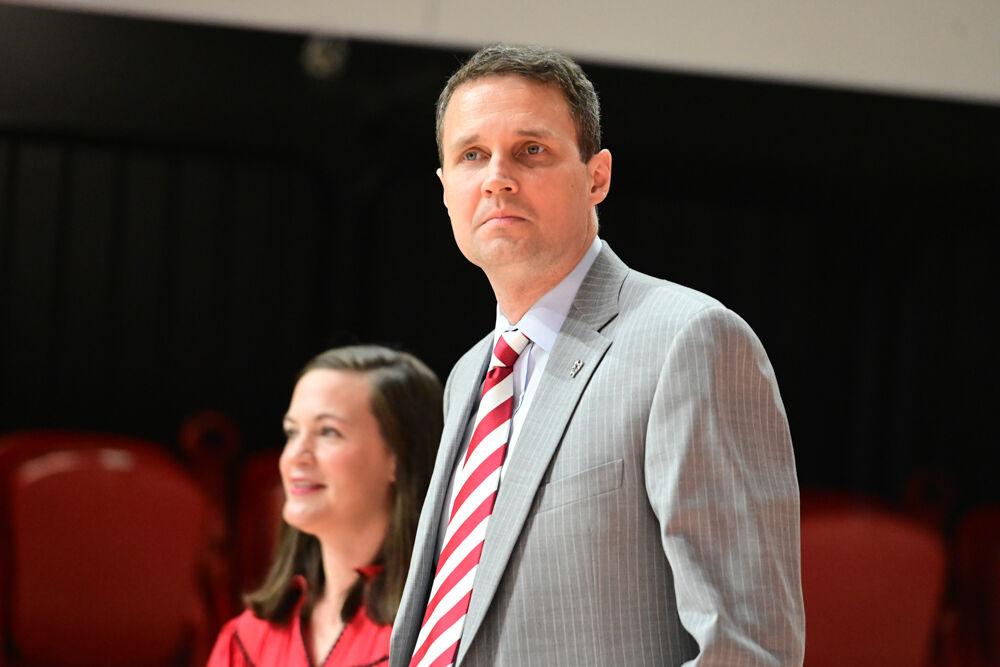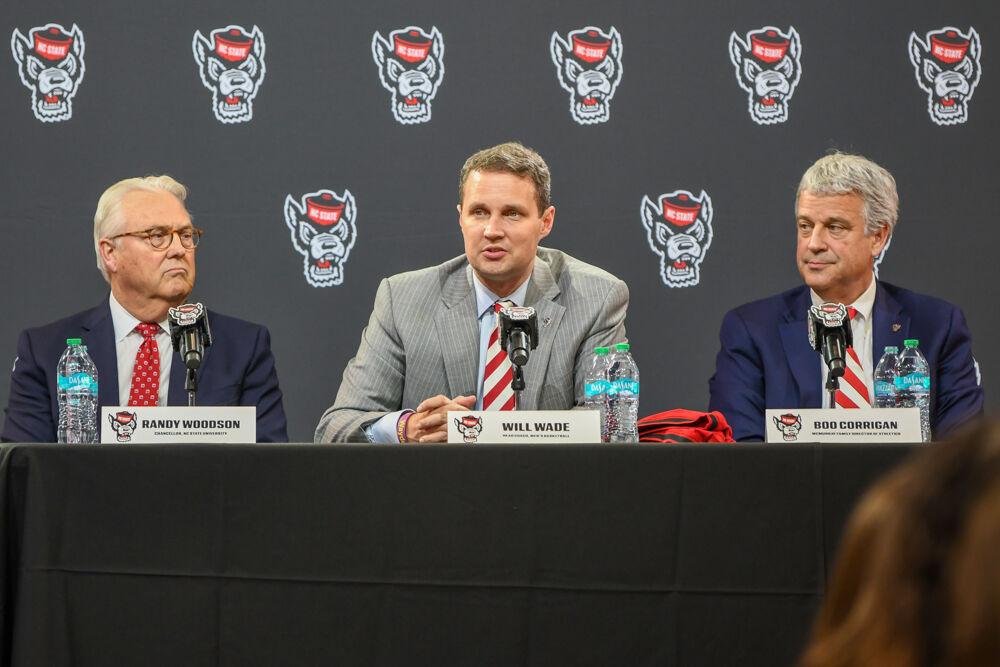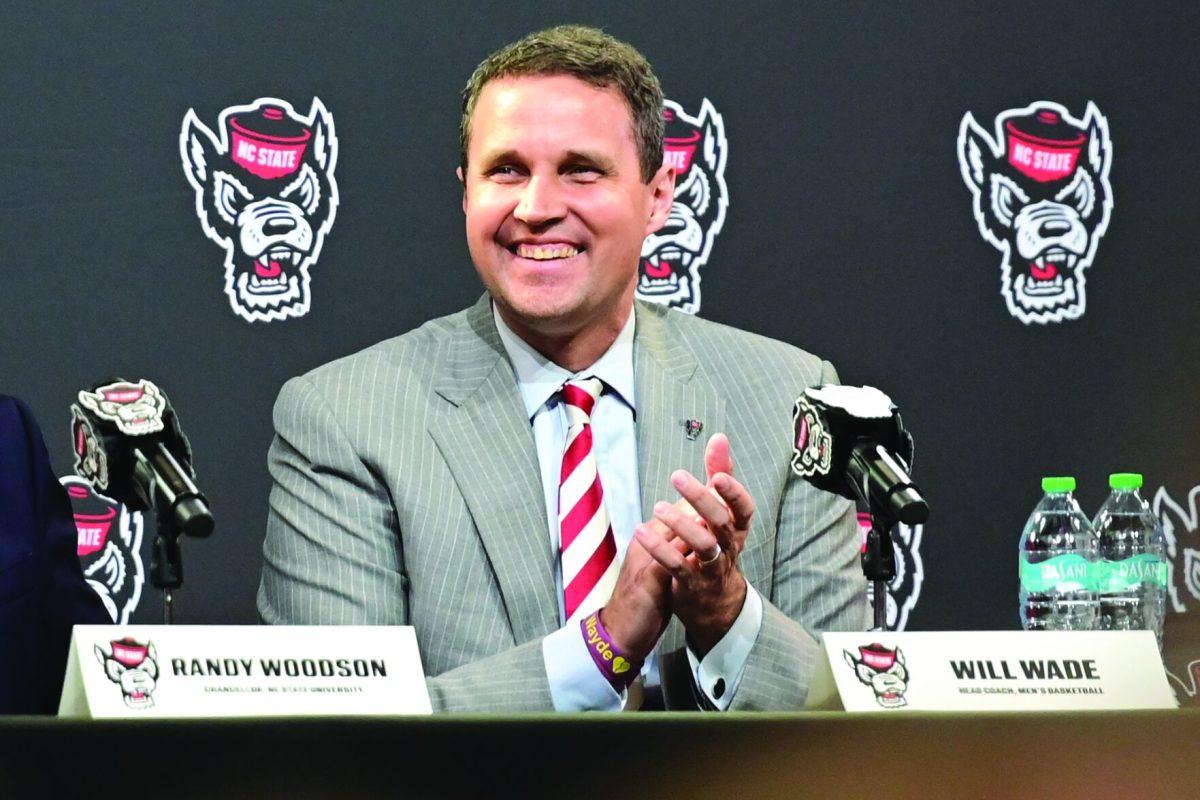The loopholes are exposed and Thon Maker has officially declared for the 2016 NBA Draft. So, why is this important?
Maker, born in the Republic of Sudan, moved to the United States when he was young and bounced around from state to state before settling at Orangeville Prep in Canada.
He worked hard and doubled up on classes in hopes to reclassify to be able to play college basketball in the 2015–16 season and move up to the 2016 NBA Draft. But, after “graduating,” Maker returned to his prep school in what would be considered his “post-grad” year after high school.
The rule to be eligible for the NBA draft is that a player be 19 years old and a year removed from graduating from high school at the time of the draft. Nowhere does it state that a player actually has to attend college a year before entering the draft.
This is going to open up a whole lot of options that players never realized before, and will potentially cause NCAA officials to close this gap with excessive force on the athletes.
Maker is a 7-foot-1, 218-pound center. He has yet to spend a year in the pros, but NBA general managers will have to make a tough decision on his draft stock come June 23.
He also has not spent a year in college, and therefore, has not shown what he is able to do against strong competition. This is significant because he has officially beaten the NCAA’s system of forcing players to be used in the college basketball system of money making.
The world is about to recognize a more players doing the same thing in the coming years.
In participating in this type of decision making, the players are obviously not getting paid for the year they spend after graduating high school, but they also aren’t getting exploited by the NCAA for their talent.
This could have a major impact on the NCAA. It is expected that following Maker’s decision, more and more basketball players will choose this course of action.
If players have an extra year after graduating high school to continue to play basketball, while not having to take collegiate-level courses, it is expected they will do so. In doing this, they may also have the opportunity to work somewhere and make money, unlike the NCAA, which doesn’t give any compensation to its players.
The potential for schools to miss out on many recruits is also very possible. Teams like Florida State, Arizona State and Indiana were trying incredibly hard to recruit Maker and were each hoping to land him. Now, instead of one school getting him, they all have to return to the drawing board.
While this could help players, it also has the potential to hurt players. Talent to fill a college roster is easy to find in high school gyms across America. But finding those players who will make it in the NBA is a different story.
Overall, only three out of 10,000 high school basketball players make it to the NBA, making it a .0003 percent chance that a high school player makes it to the NBA someday.
When players jump straight from high school to the NBA, as Maker is doing, only .03 percent succeed. While this number is bigger, there still are incredibly small odds.
But the upside to this is the cases in which it has paid off, and there are plenty of those examples, including superstars LeBron James and Kobe Bryant. The possibility of going from college to the NBA is only 1 percent better than jumping from high school to the NBA.
Therefore, the odds for players to make it, whether they jump from high school or college, aren’t much different.
There is a possible outcome that may change the ability for players to do this and also may once again change the way fans look at the NCAA. The NCAA could come down hard and essentially require players to spend one year in college before entering the NBA draft.
This would be incredibly tyrannical and give the possibility for athletes and their parents to strongly oppose the system. The NBA can either force a player to attend college for a year, or it can allow players to go pro straight from high school.
Whatever approach is taken, the NCAA should tread lightly on the matter due to the already opposing views of the exploitation of college athletes. Maker has opened up a gate; the next step is figuring out if high school basketball players will flood through that gate or continue to fall victim to the NCAA.


